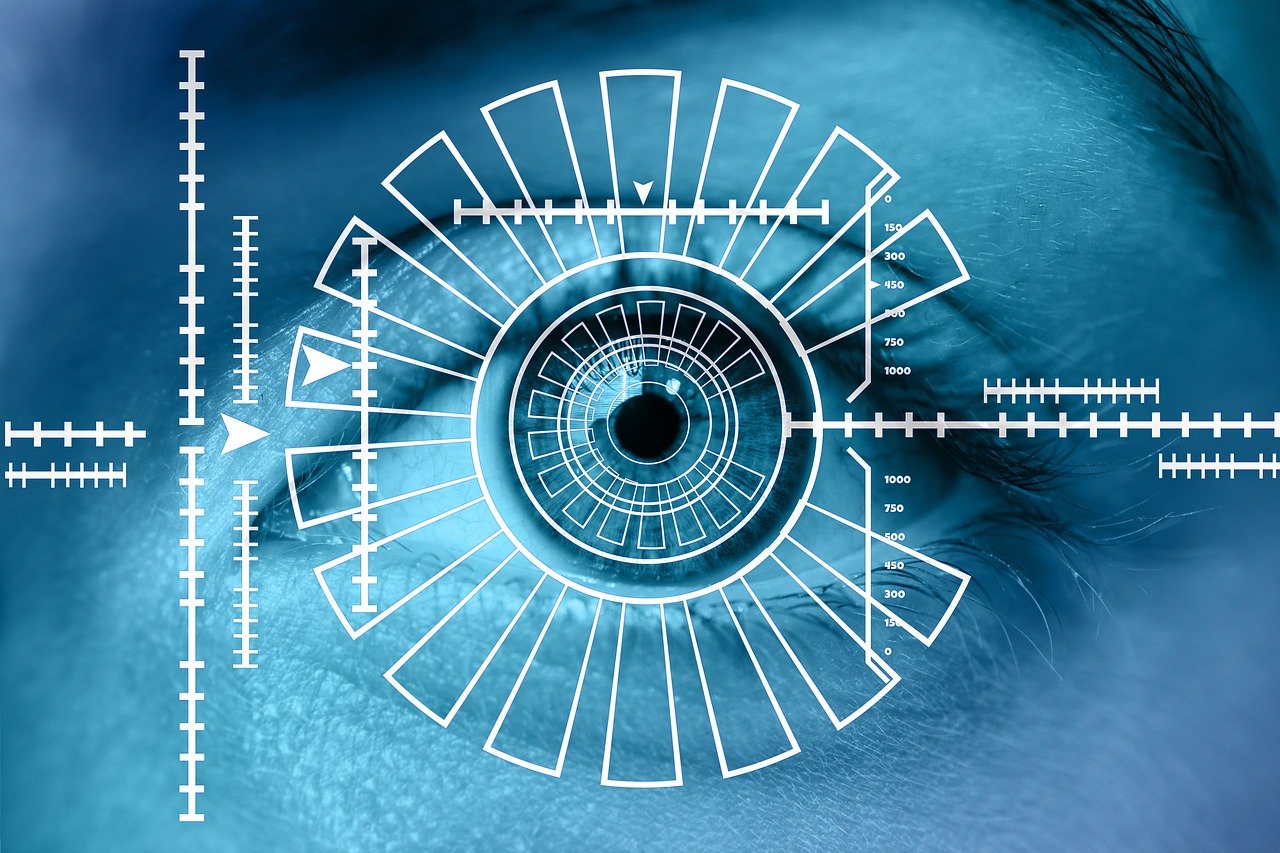This post is also available in:
 עברית (Hebrew)
עברית (Hebrew)
A new cryptocurrency eye-scanning venture will verify whether the person in front of it is actually human. Only after “proving” you are human, can you get cryptocurrency.
Worldcoin was co-founded by Alex Blania and Sam Altman, the chief executive of OpenAI, and it has bigger ambitions than a typical crypto company, claiming it could “enable global democratic processes”, and may eventually through AI-generated prosperity fund a universal basic income.
People can sign up through the WorldApp and receive a “genesis grant” of 25 Worldcoin tokens (approximately $50), but only after they get verified by having their eyes scanned by visiting a scanning “Orb”. There are 1.5k Orbs in more than 35 cities worldwide, and over 2 million people have signed up so far, according to Worldcoin. Once verified a person can get a “World ID”, which according to Worldcoin is a “digital passport that proves you are a unique and real person while remaining anonymous”.
According to The Guardian, the terms and conditions presented to those interested in signing up are very long, and there is no apparent attempt to ensure that the new users know what they are agreeing to. The terms and conditions state that there will be no refund or compensation in the event of digital tokens being stolen by “hackers or other malicious groups”, or if there is an “intentional or unintentional bug” on the open-source software they use.
The privacy campaign group Big Brother Watch has flagged the company for risk of biometric data being hacked or exploited, and the UK Information Commissioner’s Office stated that it will be “making further inquiries” about Worldcoin.
Regulators and privacy campaigners have raised concerns about Worldcoin’s data collection, including whether users are giving informed consent and whether one company should be responsible for handling the data.
The Worldcoin Foundation addressed these privacy concerns in a statement that it complies with all laws governing personal data and will continue to cooperate with governing bodies’ requests for information about its privacy and data protection practices.


























